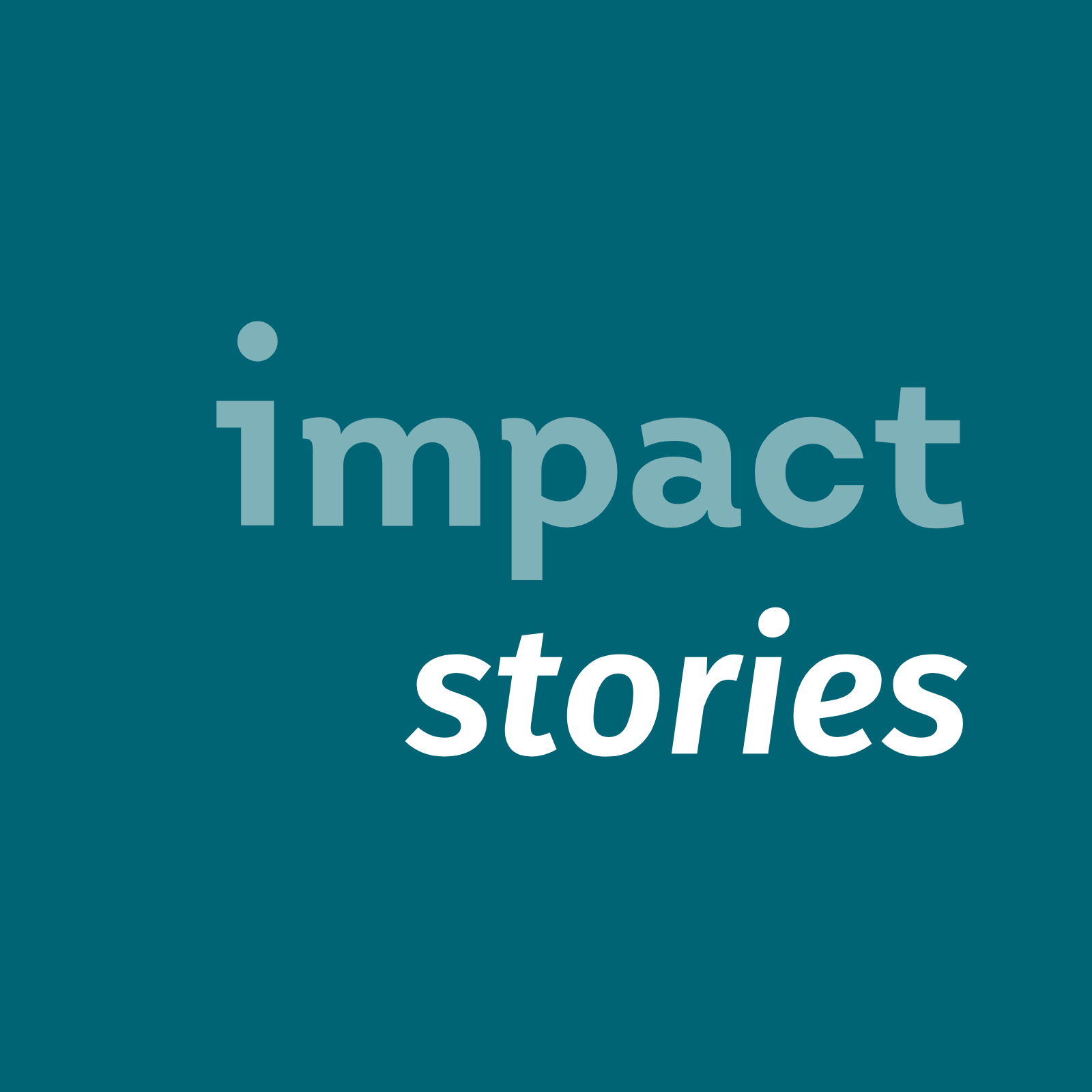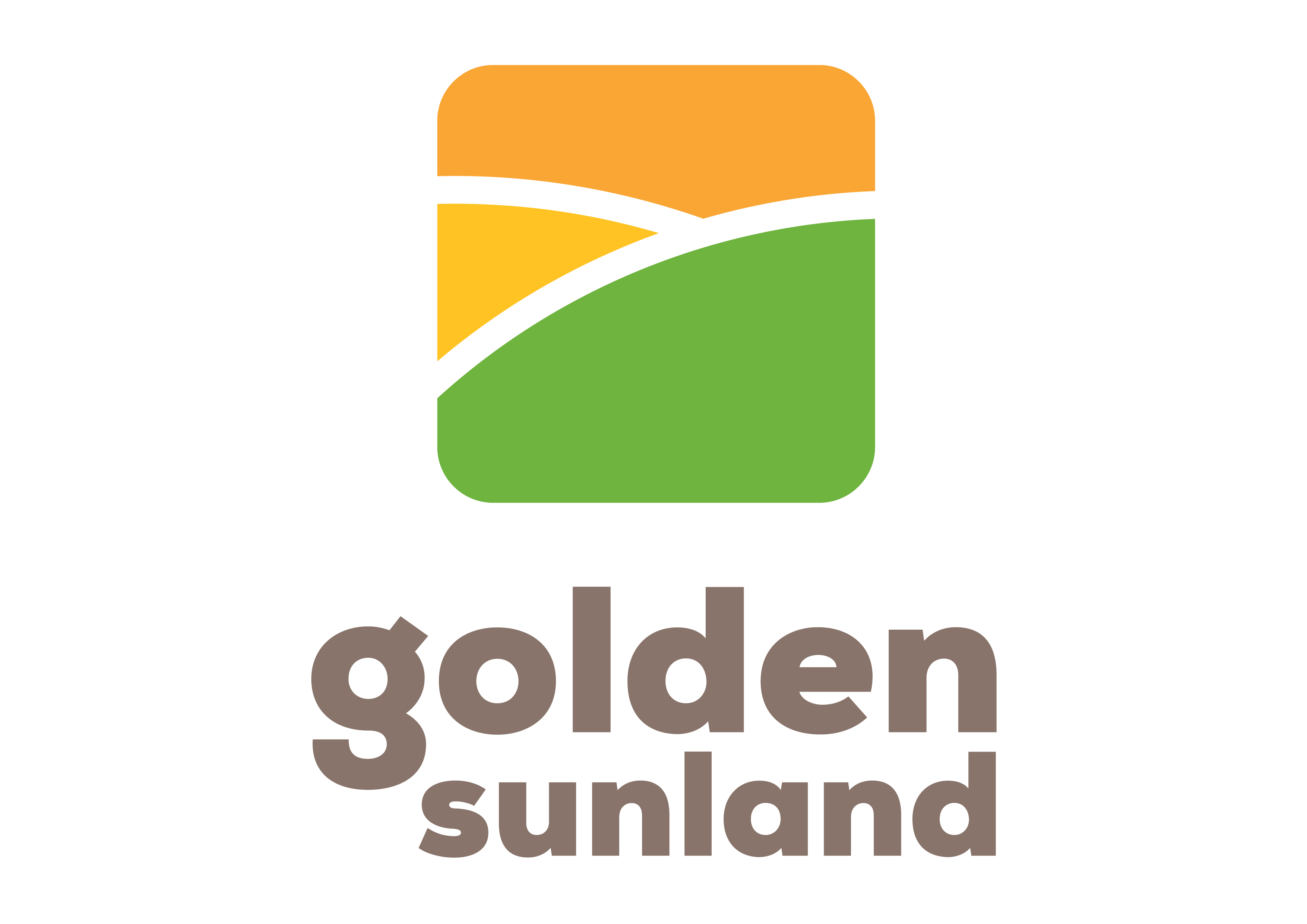

Golden Sunland
Golden Sunland is a Singaporean company engaged in full value chain rice production in Myanmar. It uses contract farming and environmentally friendly hybrid seed technology to increase farmers' incomes.
To start, can you briefly introduce yourself?
I am David Chen, Chief Operations Officer and Co-founder of Golden Sunland. My dad has been in the rice industry for thirty years. So, I grew up in a context where rice was always a topic. We had six rice cookers at home, for example.
I did my degree in molecular biology to go into rice breeding. Within two or three years, I realised that agriculture did not need another scientist. What was lacking was an aggregator: someone to bring the research to the ground with the right partnerships and the right business model.

What is Golden Sunland all about?
I co-founded Golden Sunland in January 2017 with my father Thomas Chen and Peng Jingkai. We are based in Singapore but operate in Myanmar. Our vision is “Growing Rice, Growing Lives”: We use contract farming and hybrid seed technology to produce high-quality rice and help farmers escape poverty.
Which problems does your company address?
Myanmar has perfect climatic conditions for growing rice. Still, productivity is low because farmers are fragmented and use outdated production methods. Climate change makes matters even worse. At the same time, rice cultivation itself harms the environment.
We want to introduce farmers to production methods that are both economically and environmentally sustainable.
How so?
We provide inputs and extension services to our farmers: coaching, harvest collection, milling, storage, and seeds. The seeds alone improve paddy yields by thirty percent on average. Some farmers have even improved their yields from three to ten metric tons per hectare. We use a hybrid variety, which has not been genetically modified. The farmers buy the seeds on credit and with a buy-back guarantee.
We also support farmers to self-organise and drive down other input prices through bulk purchase. Coordination also helps them improve their finances and manage pests more effectively.
What happens after the harvest?
We run a contract farming model, so we guarantee to farmers that we will buy their products. Also, we agree on the price in advance and define clear criteria regarding quality and quantity. Compared to the buy-back price recommended by the government, we pay up to twenty percent more.
To cut out the middlemen and offer higher prices to farmers, we market our rice directly to consumers. This is why we run our own brand, ‘The Little Rice Company.’

How do farmers benefit from your business model?
On average, their net profits increase by thirty percent, or by about fourty US dollars per season and hectare. Our best performing farmers even triple their income. Also, the buy-back guarantee gives farmers a degree of income stability.
This is something whole families profit from. When farmers earn more and work more efficiently, children need not help in the fields. Instead, they can go to school.
Our long-term goal is to provide farmers with the tools and systems to operate collectively and reap the benefits of large-scale farming. This will allow them to develop a highly mechanised and efficient agriculture on their own, thus escaping poverty.
How do women profit?
We pay our female farmers the same rate as men. But, honestly, I do not understand why this is a big deal. A lot of farmers are women, but this does not make a difference to us.
How many farmers do you reach?
We have reached about 2,000 farmers since the company was founded. In 2020, we needed to reduce the number of farmers and leave the Ayeyarwady Delta because of the pandemic. This season, we cooperate with 200 to 300 farmers in central Myanmar.
What about the environment?
We have reduced our carbon footprint by sixty percent since 2017. To do so, we have increased farmers’ productivity and are incentivizing them to adopt better water management systems. We also wanted to help farmers generate carbon credits, but the pandemic stopped us from sending surveyors on the ground.
In addition, we have introduced growth stage and site-specific fertilizer regimes. Our chemical usage adheres to EU standards, so no hazardous substances are being used.
How do you measure the impact you are creating?
We measure the revenue growth of all the farmers we work with. In addition, we look at our carbon footprint. As for tools, Golden Sunland is B-corp certified. They have a robust online tool, which we use to measure our ESG metrics.

What makes your business model commercially viable?
We serve a huge market, both in Myanmar and abroad. To attract customers, we ensure that all our rice can be traced back to the farms. This allows us to create confidence, but also empathy among buyers abroad.
Since 2017, we have produced and sold 4,000 tons of rice. We had a turnover of 650,000 US dollars in 2020.
Do you receive any support from outside the company?
We collaborate with other organisations and NGOs on a project basis. Partnerships are really important to me and allow us to deliver extension services more effectively.
For example, we participated in the Linking Labutta to Market project in 2020. Mercy Corps, an international NGO, organised smallholder farmers into farmer-producer enterprises. We guaranteed market access and provided training to these farmers. In addition, a fintech company and an agri-tech start-up were on board to provide access to finance and digital monitoring.

What are your plans for the next few years?
We have invested in hard assets, so we are likely to continue to operate the original business model in Myanmar. Because of the restrictions, we have changed our strategy to export less and focus more on the domestic market.
Also, we have just launched a new spin-off company with Trendlines Agrifood Fund: AgriG8, a credit rating and assurance platform. It is pronounced “aggregate” because we play the role of aggregators.
Can you tell us more about AgriG8?
We have noticed the farmers may be well trained about sustainable agricultural practices, but innovation often requires capital upfront. Most of the farmers, however, are considered unbankable. Their only sources of loans are microfinance institutions and informal lenders, who charge interest rates of thirty percent. We want to help commercial lenders assess the risks and understand the value of this untapped market.
How does this work?
Farmers register and receive advice on farming practices. Through a gamification approach, we incentivize them to act on the advice and monitor their practices. The information we gain de-risks lending for financial institutions because better farmers make better borrowers. For our first pilot, we found a lender who was willing to immediately lower their interest rates by five percent.
For banks, the platform is also a way to assess the ESG performance of their loans.
What are your plans for the platform?
This year, we want to expand AgriG8 to Africa, Cambodia, and Indonesia. We have already found partners there. In addition, we will add a carbon emissions measurement tool.

What challenges have you and your company overcome?
My dad is in Myanmar now. When political unrest started, the shareholders of the company were on the verge of giving up. But he stayed on and hasn’t been home for the last two years. We do not want to give up everything we have created there.
Also, to get investment into the sort of work we are doing is challenging. A few years ago, I met an investor who told me that what we were doing was admirable, but not desirable. It is upsetting that some people just focus on making money and wait for others to solve our future problems. I have designed a roleplaying game to help people understand the different constraints in value chains.
What advice can you give to other inclusive business entrepreneurs?
When we talk about inclusivity, we always think about unfortunate groups. I want to turn this around and include other people as well: Consumers, for example, often do not know that they are part of the problem. Only by working on this side of the value chain as well do we have a chance of improving the food system. If we just pour grant money into farmers’ production while consumption patterns stay the same, nothing changes.

The Impact Stories are produced by the Inclusive Business Action Network (iBAN). They are created in close collaboration with the highlighted entrepreneurs and teams. The production of this Impact Story has been led by Susann Tischendorf (concept), Olachi Opara (video), Katharina Münster (text and info graphics), Christopher Malapitan (illustrations), and Alexandra Harris (editing). The music is royalty free. The photographs are courtesy of Golden Sunland or by Susann Tischendorf.
Updated: 01/2022.